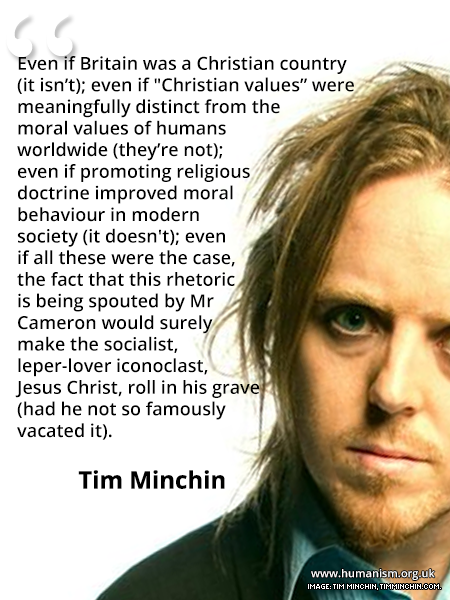Unbelievable, I know — especially when there are so many right wing guardians of the Constitution and every word of the Founding Fathers in office. But they’re the ones shredding the Constitution!
I guess today has been declared a National Day of Prayer by congress, in complete violation of the first amendment. A Montana judge explains exactly why this is a bad idea.
So, besides violating the principle of separation of church and state, what’s wrong with a national (or state) day of prayer? First, Americans don’t need a congressional proclamation to tell them to pray; they already have a personal, constitutional right to pray – or not to pray – as they (not the government) see fit.
Second, government is not permitted to be in the business of telling people whether to pray, when to pray or who to pray to.
Third, the National Day of Prayer has become a vehicle for spreading religious misinformation and fundamentalist Christian doctrine under the aegis of the government – again precisely what the framers were seeking to prohibit.
Feel free to pray or not pray today – not in response to a congressional proclamation but because you have a constitutional right to do either. But, if you choose to pray, you may want to ask that our elected officials begin to honor the letter and spirit of the First Amendment and respect the separation of church and state.
After all, each previously swore an oath to do just that.
I choose to honor this day by blatantly and offensively not-praying all day long. And anyone who dares to ask me to pray is going to get two middle fingers, rampant, and a suggestion that they go tell their god to go fuck himself, from me, because I don’t talk to imaginary entities.



